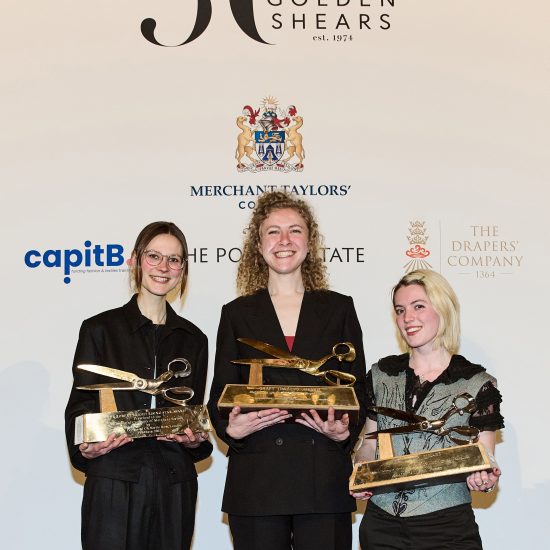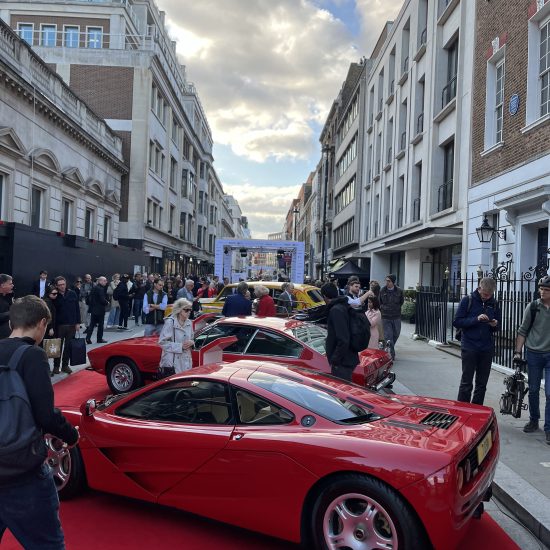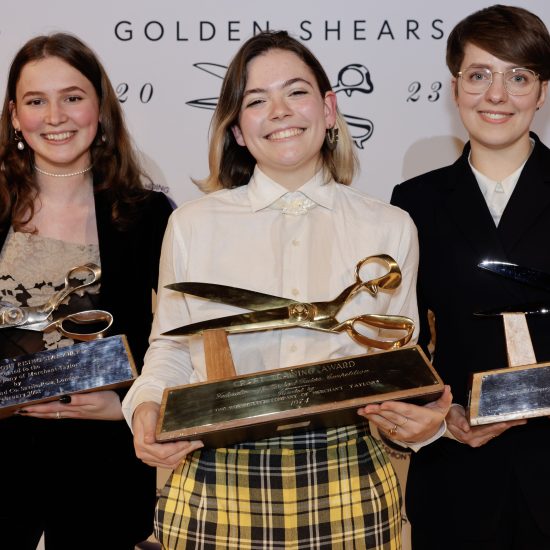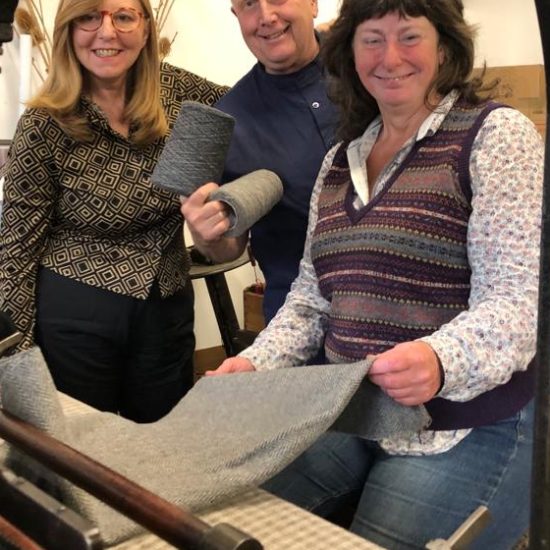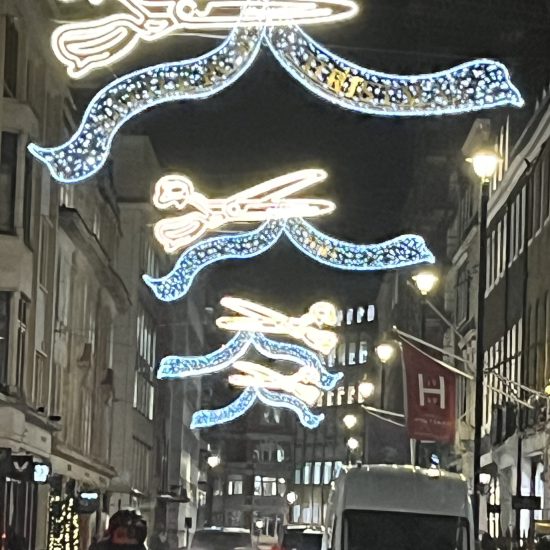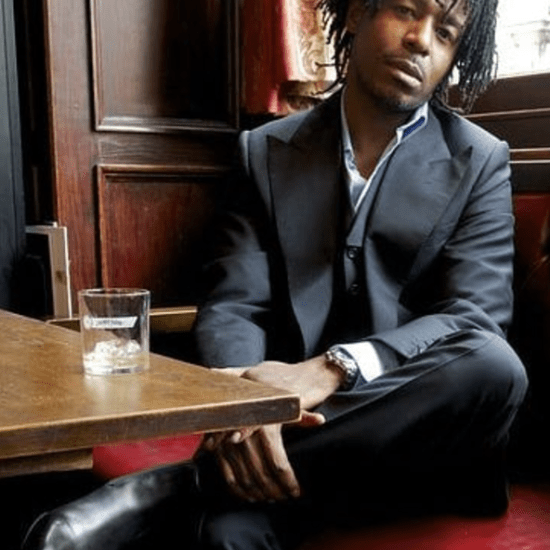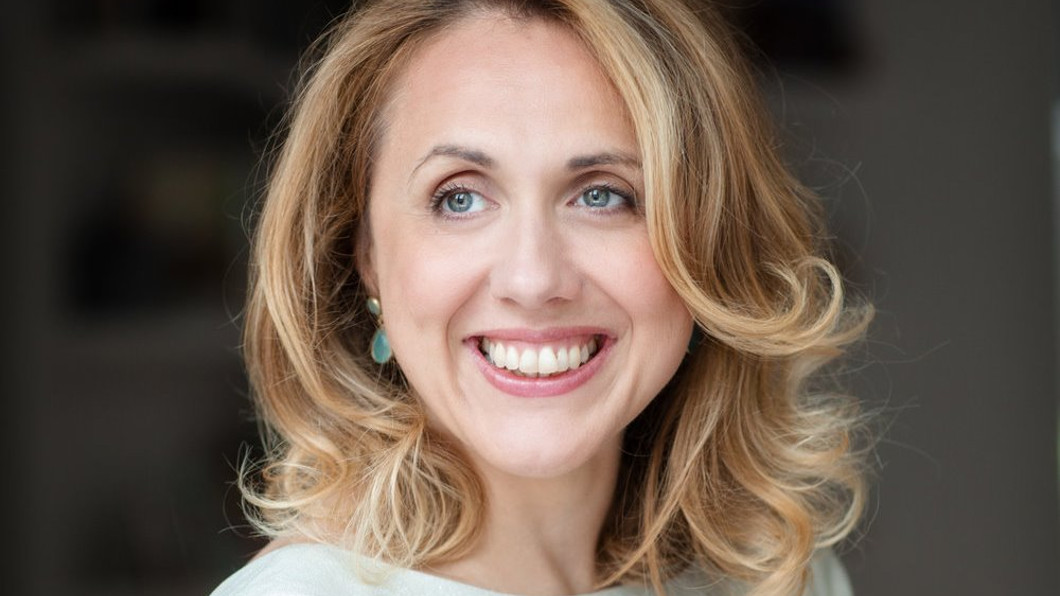
Lisa, you have been running your own fashion label for ten years now. How has that been for you?
I set up Lisa Redman after being the right hand to Elspeth Gibson for nearly six years. Following her decision to pursue other design opportunities, it felt like a natural progression. So six months later I started to gradually take commissions for special pieces…
I was lucky enough to have an initial injection of cash, which was integral to the set up. This enabled me to buy the equipment to produce in-house and create a small collection of pieces that were the basis for people to order from – a starting point, from which to create their own bespoke piece.
At this time I based the business in north west London in a close friend’s home, who also worked in the industry. This was really important to be around like minded people that understood the challenges. That was ten years ago and the essence of the business is still the same – creating very special pieces for some very inspirational ladies of the UK and beyond.
What achievements have delighted you the most?
I really do love working with the ladies on a one-to-one basis and creating a special piece for a special occasion. It truly delights me when they are delighted. I know how important it is to feel fantastic as well as relaxed on an important day, and I don’t under estimate how clothes really do have the power to give you that confidence.
I get real pleasure from the whole design process and its very satisfying to see a piece morph into real life – from a loose conversation and vision, to a final sketch, and finally an actual dream dress that then literally goes to the ball. Seeing the photos after the event is always very exciting for the entire team, as so much love and energy goes into these pieces, from our highly skilled seamstress, pattern cutter, hand beader etc.
What have been the major challenges?
One of the biggest challenges is the actual running of the business. Coming from a creative view point this sometimes doesn’t sit quite so well with the commercial world. I have had to learn as I go. I think it helped that I have grown up being surrounded by direct family and friends all of whom have run their own businesses this gives you the confidence to go for it.
I have also learnt that saying ‘cash is king’ is very true. Cashflow can be interesting at times, and this can really affect the business if not managed in advance. Lastly being the name of the business and the primary contact in all capacities is a challenge. Being the creative designer, the production manager, the accounts department… it’s hard to change hats, and be all things equally successfully.
You create brilliant clothes for fashion-conscious women from around the world. Can you tell us a bit about how you work with them? What is your approach?
I work with inspirational women and I really appreciate that – it’s a real honour. I work very closely with the loyal regular client base that I have, creating their unique bespoke pieces. I tend to work differently with different clients depending on what suits them. Some like me to visit them in their own home, some come to my studio, some I visit the hotel they may be staying in… it’s really their choice.
We talk about what they are currently coveting, or a gap in their wardrobe, or perhaps they have something special to go to. They may have their own ideas and inspiration as a starting point. My in-house collection is a constant source of inspiration, and the essence of our house signature is evident in every piece we create. We look at a variety of high-end fabrics as we offer a huge collection from the best mills in England, France and Italy. All the hand embellishment is done in-house so this really can be designed to their brief too. The initial consultation is very relaxed. If we are at the atelier, we sit on the sofa and browse all the above over a cup of tea.
The service side of what I do is very important to me, and I want clients to feel comfortable, and relaxed. After all it is a fairly intimate relationship when you are creating their clothes. And of course ultimately you want to do the best job for your client so listening, trying to understand their brief and expectations and turning them into a reality. We create a toile which is a mock up shape of the garment to get the perfect silhouette, and then go into the real cloth once this approved. We then do a couple of fittings in the real cloth, before delivering.
How do you see men’s and women’s fashion changing over the next few years?
I think there will be a turn against all the immediacy that is abundant at the moment. I already look after a group of women that invest in high end pieces that are really good, true value. They will keep these items for a lifetime, even pass them on.
I think that creating something unique has a value, as do the skills involved in creating something using traditional methods. Fast, throwaway fashion is just not sustainable and I think we will see an increase in having something specifically made for the client that is special, unique – and a true value.
If a young designer came to you and said they wanted to follow in your footsteps, what would be your advice?
I would suggest they get some good experience in the industry first. It’s really important to get an idea of the realities of working in this world. A lot of young designers don’t have a true idea of how much time is spent designing verses running the actual business which is so different from the creative world. Maybe working within a small company that already does what you aspire to is beneficial.
In a small company you can get an overview of all the areas. I would then advise that they speak with industry mentors. There are lots out there and they have been so helpful to me.
If you had to sum up your approach in three words, what would they be?
Creative, unique, instinctive.



